#Japan
Rare Rides: Justy a Little Subaru, From 1990
Just two Subaru models have graced these Rare Rides pages in times past. The first was a very beige Desert Fox edition of the midsize GL wagon, and the second was a clean example of the very first car Subaru ever offered in the United States: the tiny 360.
Today we combine the characteristics of both of these prior Rare Rides and take a look at an Eighties hatchback, one which represented the smallest North American offering of the time. It’ll Justy take a moment (ugh).
Adios, Amigo? Honda Considering Moving Fit Production Out of Mexico, Report Says
It’s rumored that Honda is considering reallocating production of its U.S.-market Fit subcompact to Japan from Mexico in a few years. According to reports, this is partly due to everything that’s going on with the North American Free Trade Agreement, or whatever they’re calling it now.
The new arrangement, which replaces NAFTA, is set to raise the minimum North American content for cars to qualify for duty-free market access to 75 percent from 62.5 percent, while simultaneously raising Mexico’s auto workers’ minimum wage and giving them the right to union representation.
Buy/Drive/Burn: Three Big and Luxurious 2018 SUVs
Today’s subjects are ponderous, expensive, and very heavy. No, we’re not talking about state government representatives; we’re talking about full-size SUVs.
Come along, and we’ll select a big truck to burn.
Buy/Drive/Burn: Forgotten Japanese Compacts From 1988
They’ve got two doors, sporty intentions, and names people forgot long ago. Today we cover three oddball offerings from the latter part of the 1980s.
Will you take home the Nissan, the Mitsubishi, or the Subaru?
Buy/Drive/Burn: The Japanese Family Wagons of 1995
On the last installment of Buy/Drive/Burn, we chose from three family-friendly luxury wagons from the Malaise year of 1975. Several members of the B&B peanut gallery quickly retorted that all three options were awful, and that only wagons from the 1990s were worth pondering.
Bam. We’re back on wagons, 20 years later. It’s now 1995.
North America Isn't the Only Major Auto Market With Huge Headwinds
For the past two years, we’ve reported that the post-recession upswing in new car buying in North America seems to have plateaued. Environmental factors have led to Millennials buying fewer cars than their parents’ generation, and wealthy folk have proven unable to pick up the slack — as no amount of money allows you to drive several cars at the same time.
Most major carmakers posted declining U.S. deliveries in July, and August’s data proved a mixed bag. However, America isn’t the only big market that’s taking a beating. The First World seems to have collectively surpassed peak growth and now has to ride out an extended period where volume dwindles until some other nation can afford to import container ships full of sparkly new automobiles.
Rare Rides: The Autozam AZ-1 From 1992 Is Either Suzuki or Mazda
Tiny, mid-engined, and featuring those all-important gullwing doors, the Autozam AZ-1 has it all. And now you, too, can enjoy the things Japan was tired of in the 1990s.
Japan's Minor Scandal: Mazda, Suzuki, Yamaha Apologize for Improper Vehicle Testing
Japan’s automotive industry finds itself in the midst of a minor scandal. Last year, the Japanese government ordered manufacturers to investigate their operations after it was revealed that Subaru and Nissan conducting improper testing for decades. Initially, the issue seemed to revolve around a widespread laziness that allowed uncertified employees to conduct final inspection procedures. However, Subaru later admitted to employees falsifying emissions data.
While the problem does not appear to be an outright corporate conspiracy, some inspectors still decided to implement a policy they knew was against the rules to avoid questions from top brass. Likewise, senior employees advised inspectors to change test results for each vehicle that failed to meet internal quality control standards.
On Thursday, the Japanese government announced the inspection issue haS also touched Mazda Motor Corp, Suzuki Motor Corp and Yamaha Motor Co (which builds motorcycles and automotive engines). All three companies are now faulted for improper testing procedures and compliance failures.
Buy/Drive/Burn: Japanese Sports Cars From 1995
Today we decide which of three legendary and sporty Japanese coupe gets the flamethrower. Will it be the Toyota, the Mazda, or the Nissan? All of these vehicles are the last in their line, so this one might be a bit difficult.
Nissan Confesses to Falsified Testing Data for Japanese Vehicles
After Volkswagen’s diesel emissions scandal came under public scrutiny, numerous industry analysts prophesied it would not be an isolated incident. Cheating had been done in the past, and would likely continue into the future. In fact, numerous experts claimed every major automotive manufacturer probably engaged in illicit behavior to some degree. With so many laws and employees who may be interested in shirking them, it’s bound to happen time and time again.
On Monday, Nissan Motor Co. admitted it improperly measured exhaust emissions and fuel economy for 19 vehicle models sold in Japan. Late last year, Nissan and Subaru both confessed that they had allowed uncertified technicians to conduct finial vehicle inspections. Initially, the issue seemed like a harmless oversight, but in some cases the failing went unnoticed for decades, resulting in falsified data as a way to cut corners. Both Mitsubishi Motors and Suzuki admitted in 2016 that they exaggerated the fuel economy of their vehicles by cheating on tests.
Rare Rides: A 1987 Honda Civic Wagovan 4WD, the Everybody Wagon
This isn’t the first time we’ve presented a utility-minded multipurpose hatchback in the Rare Rides series. Rather, it’s very nearly the culmination of the major players in the segment. In addition to today’s ride, we’ve had the Colt Vista, and Nissan’s Prairie (now owned by an enthusiast collector), as well as a pristine and pricey Tercel 4WD Wagon.
After today, we’re missing just two: an Eagle Summit/Mitsubishi Expo, and the last-of-breed Nissan Axxess. Onward, to Wagovan.
Seismic Activity Hampering Japanese Auto Production
A strong earthquake shook western Japan on Monday morning. The 6.1-magnitude quake destroyed property, left tens of thousands without power, stranded commuters, and disrupted Osaka’s industrial sector. Honda, Mitsubishi Motors, and Toyota’s Daihatsu unit all have production facilities in the area and were forced to shut down temporarily.
While Daihatsu remained confident its facilities could be reopened later in the day, Honda’s Suzuka factory in the Mie prefecture is one of the oldest plants on its roster. Despite being modernized over the years, it might not have been able to withstand the vibrations as well as newer facilities. The company said it would remain shuttered as employees perform safety and spot checks.
Trade War Watch: Japan Gets Vocal Over U.S. Tariff Threats
While the Japanese government has walked on eggshells when discussing trade issues that are transforming the globe into an angry beehive, the nation’s automakers have been more forthright. However, they’re both getting increasingly vocal as the situation escalates.
As the United States and Japan head into trade discussions scheduled for July, it’s beginning to look like everyone will come out swinging — especially when it comes to the automotive industry. Last month, the White House launched a national security investigation into car and truck imports that could lead to new tariffs on some of Japan’s biggest U.S.-bound exports.
Japanese Finance Minister Taro Aso was uncharacteristically negative toward the current U.S. trade policy during a Group of Seven finance leaders’ gathering held last week. “It’s deeply deplorable,” Aso said. “Inward-looking policies involving one-sided, protectionist measures benefit no country.”
Trade War Watch: U.S. Public to Have a Say on Auto Import Threat
There was a mighty blowback against the Trump administration’s suggestion to elevate tariffs to as much as 25 percent on all foreign-built passenger vehicles.
Already reeling from fresh import fees on aluminum and steel, Europe expressed its collective distaste on new taxes while Japan vowed to plead a strong case for itself. Meanwhile, prominent politicians and two of the largest automotive trade groups in the country came forward to condemn the plan, stating it was “confident that vehicle imports do not pose a national security risk” to the United States.
While the administration has already launched its investigation to determine whether vehicle and auto part importers threaten the industry’s health and ability to develop advanced technologies, the government noted that a second opinion wouldn’t hurt. Announced on Tuesday in the Federal Register, the the Commerce Department will allot two days in July for public comments on the matter.
Trade War Watch: Automakers Respond to U.S. Import Investigation, Japan Keeps the Faith
President Trump announced a security investigation into auto imports last week, tasking Commerce Secretary Wilbur Ross with the job. His goal will be to determine what effects imported vehicles have on the national security of the United States under Section 232 of the Trade Expansion Act of 1962 — which sounds like a monumental and rather complex task.
Basically, Ross will examine whether or not the U.S. can get away with escalating automotive tariffs. That’s a touchy subject, considering how contentious global trade has become in recent months. Worse yet, the 80-year-old commerce secretary will have to continue promoting American businesses and industries outside its borders while deciding on an issue few trade partners will be happy with.
Automakers aren’t thrilled either. After Trump announced the investigation, the Association of Global Automakers and Alliance of Automobile Manufacturers both said they didn’t believe vehicle imports posed a national security risk. “To our knowledge, no one is asking for this protection. If these tariffs are imposed, consumers are going to take a big hit,” said John Bozella, President of Global Automakers, in a statement. “This course of action will undermine the health and competitiveness of the U.S. auto industry.”



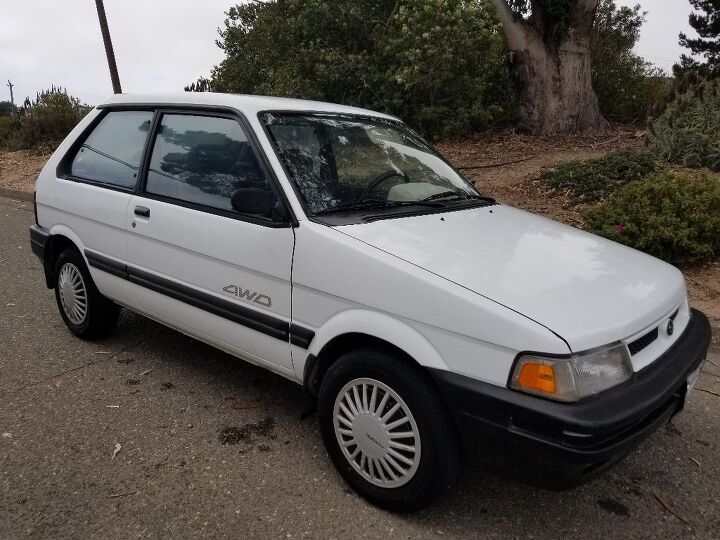

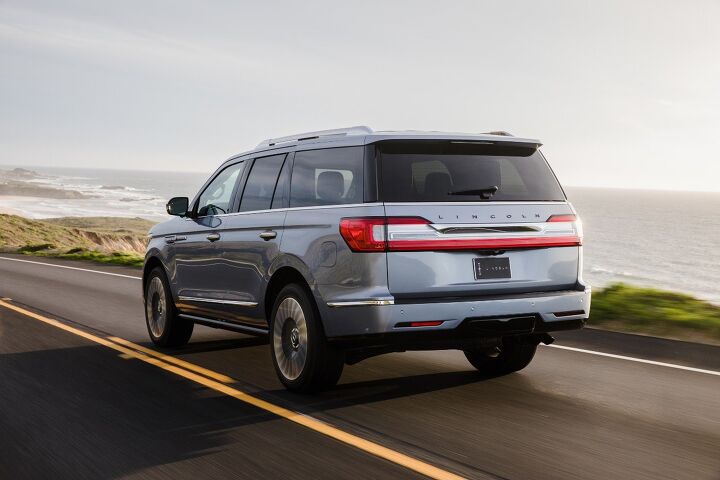
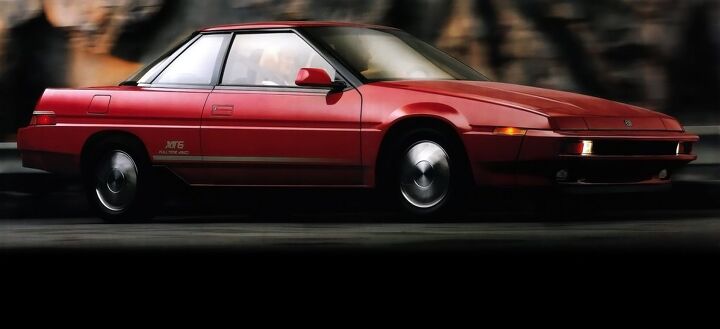
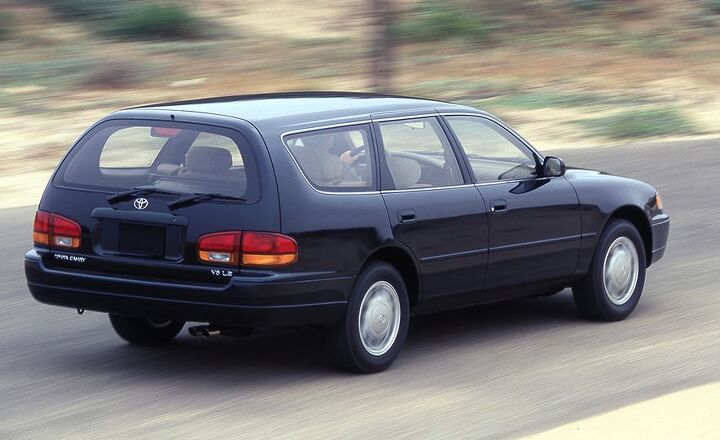
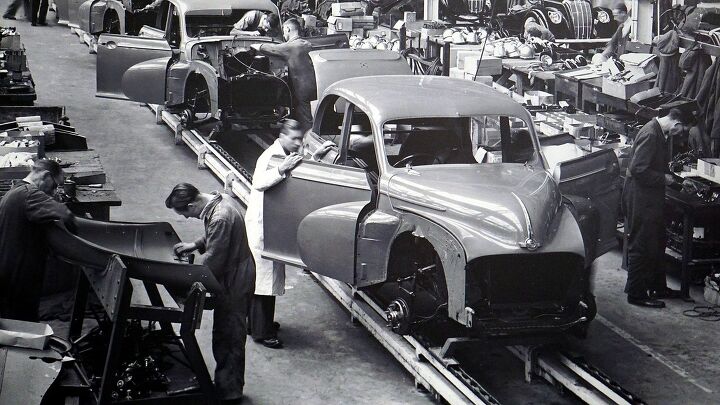
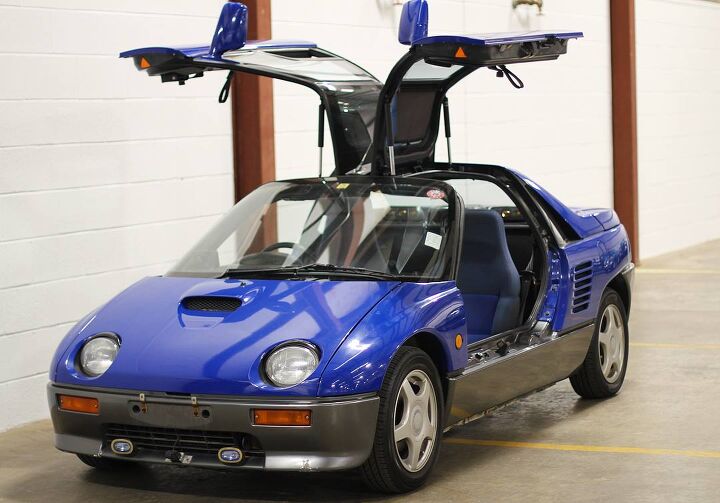

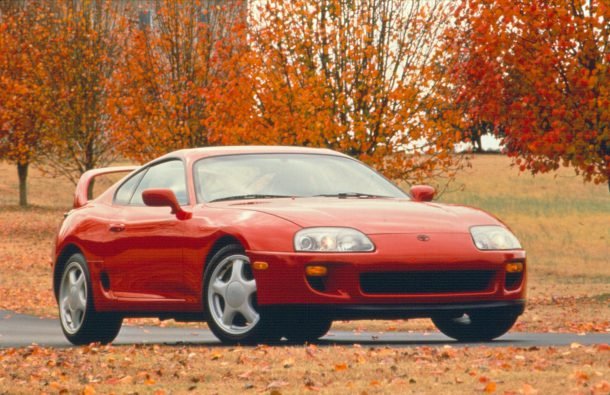

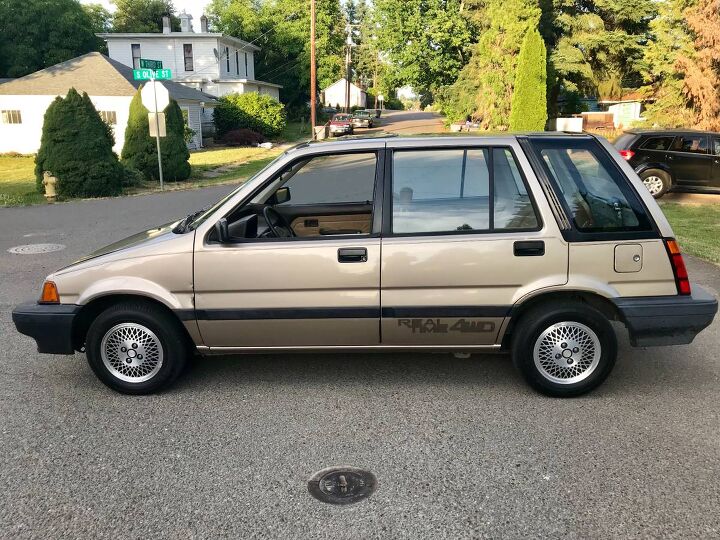

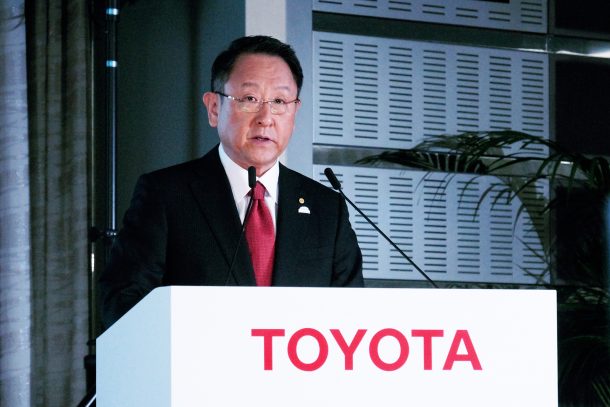














Recent Comments